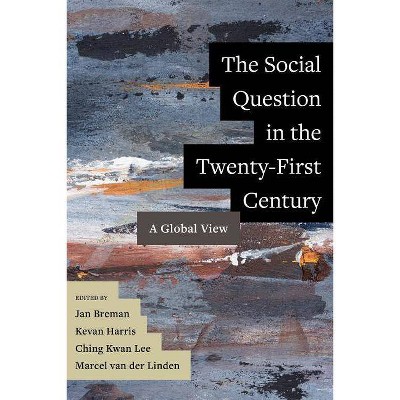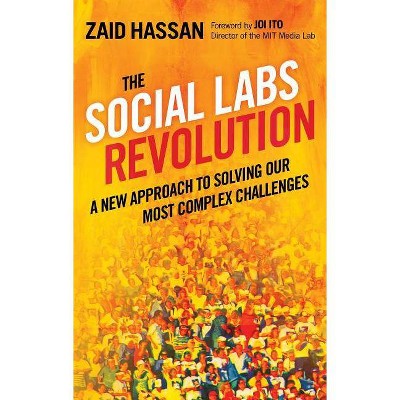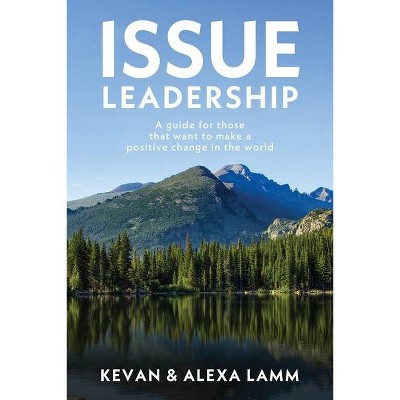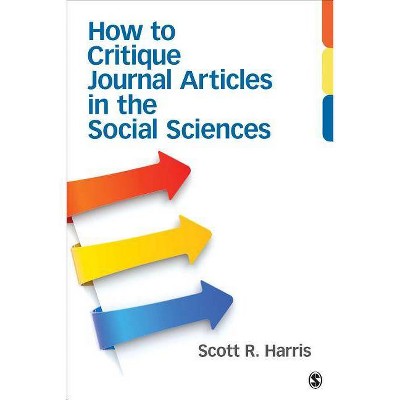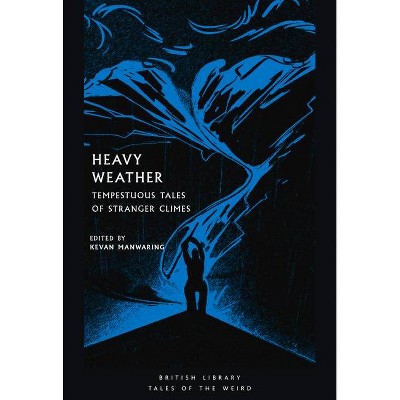A Social Revolution - by Kevan Harris (Paperback)
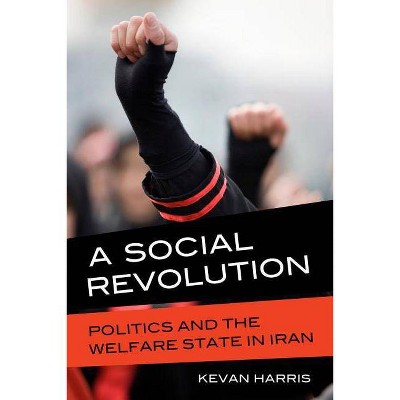
Similar Products
Products of same category from the store
AllProduct info
<p/><br></br><p><b> About the Book </b></p></br></br>"For decades, political observers and pundits have characterized the Islamic Republic of Iran as an ideologically rigid state on the verge of collapse, exclusively connected to a narrow social base. In A Social Revolution, Kevan Harris convincingly demonstrates how they are wrong. Previous studies ignore the forceful consequences of three decades of social change following the 1979 revolution. Today, more people in the country are connected to welfare and social policy institutions than to any other form of state organization. In fact, much of Iran's current political turbulence is the result of the success of these social welfare programs, which have created newly educated and mobilized social classes advocating for change. Based on extensive fieldwork conducted in Iran between 2006 and 2011, Harris shows how the revolutionary regime endured though the expansion of health, education, and aid programs that have both embedded the state in everyday life and empowered its challengers. This first serious book on the social policies of the Islamic Republic of Iran opens a new line of inquiry into the study of welfare states in countries where they are often overlooked or ignored"--Provided by publisher.<p/><br></br><p><b> Book Synopsis </b></p></br></br>For decades, political observers and pundits have characterized the Islamic Republic of Iran as an ideologically rigid state on the verge of collapse, exclusively connected to a narrow social base. In <i>A Social Revolution</i>, Kevan Harris convincingly demonstrates how they are wrong. Previous studies ignore the forceful consequences of three decades of social change following the 1979 revolution. Today, more people in the country are connected to welfare and social policy institutions than to any other form of state organization. In fact, much of Iran's current political turbulence is the result of the success of these social welfare programs, which have created newly educated and mobilized social classes advocating for change. Based on extensive fieldwork conducted in Iran, Harris shows how the revolutionary regime endured through the expansion of health, education, and aid programs that have both embedded the state in everyday life and empowered its challengers. This focus on the social policies of the Islamic Republic of Iran opens a new line of inquiry into the study of welfare states in countries where they are often overlooked or ignored.<p/><br></br><p><b> From the Back Cover </b></p></br></br>"This impressive book pushes Iranian studies from the cloisters of area studies to the wider precincts of global political economy."--Charles Kurzman, author of <i>The Unthinkable Revolution in Iran</i> <p/> "An original account of how the revolutionary regime of the Islamic Republic of Iran was able to survive years of turmoil. Harris has had the privilege of gathering the materials from inside Iran, access few American scholars have had since the 1979 revolution."--Ervand Abrahamian, author of <i>The Coup: 1953, the C.I.A., and the Roots of Modern U.S.-Iranian Relations</i> <p/> "<i>A Social Revolution</i> offers an invaluable counterpoint to the prevailing conventional wisdom and should be required reading. Harris goes beyond the standard theocratic political frame to document a surprisingly successful Iranian variation on the developmental state."--Peter B. Evans, author of <i>Embedded Autonomy: </i><i> States and Industrial Transformation</i><p/><br></br><p><b> Review Quotes </b></p></br></br><br><i>"A Social Revolution</i> acts as a much-needed corrective to a lot of the academic and policy literature on contemporary Iran, which tends to view the country's political and social geography in binary terms: namely, a top-heavy, ideological, and oppressive state versus a resistant, cosmopolitan society."-- "The Middle East Journal"<br><br><i>"A Social Revolution</i> shows that the Islamic Republic relied on welfare provision as the main source of state making, and this is a remarkable finding. I contend that this book is a must read for students of welfare studies, the Middle East, and social movements."-- "American Journal of Sociology"<br><br>"A Social Revolution acts as a much-needed corrective to a lot of the academic and policy literature on contemporary Iran."-- "The Middle East Journal" (2/28/2018 12:00:00 AM)<br><br>"Harris offers a first-rate book on Iran"-- "CHOICE" (7/1/2018 12:00:00 AM)<br><br>"Kevan Harris has stepped forward with a reasoned and well-researched presentation of the theocracy as a traditional welfare state."-- "Survival: Global Politics and Strategy" (7/18/2018 12:00:00 AM)<br><br>"Harris literally wrote the book on politics and welfare in Iran." -- "Foreign Policy"<br><br>"This empirically rich study draws on Harris' extensive fieldwork in Iran and uses welfare policy as a prism through which to view the country's transition from the shah's dictatorship to the now nearly 40-year-old theocracy of the Islamic Republic. . . . If Harris is correct, the Islamic Republic contains the seeds of its own transformation."--John Waterbury "Foreign Affairs" (1/1/2018 12:00:00 AM)<br><p/><br></br><p><b> About the Author </b></p></br></br><b>Kevan Harris</b> is Assistant Professor of Sociology at the University of California, Los Angeles.
Price History
Price Archive shows prices from various stores, lets you see history and find the cheapest. There is no actual sale on the website. For all support, inquiry and suggestion messagescommunication@pricearchive.us


